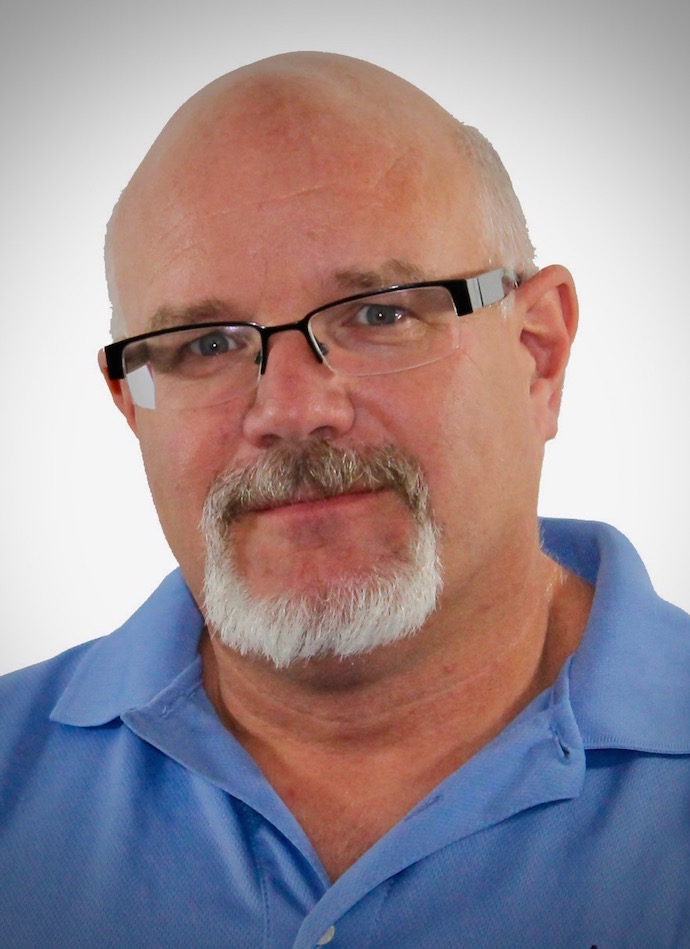What will an Ag Equipment Dealership look like in the future?
It is my opinion that dealerships will need to be proficient in 5 main competencies to be successful. Of course, they will still need outstanding parts, marketing, management and finance departments.
Because of the complexity of tomorrow’s equipment, no one can be an expert in all 5 main areas. Successful dealerships will need local Grower Contact Managers, who function as a partner or consultant to the grower, to help them navigate all of the complexities of planning, coordinating, operating and purchasing the products and services that are needed for successful autonomous operations. This position will be especially important if some of the positions below are regional or remote. Growers still want and need that local contact who knows their operation inside and out to help them ensure what they purchase will get the job done.
– Hardware Specialist – Similar to today’s equipment sales force. They will know all the specifications and capabilities of the equipment that is being sold. I believe they could be local or even regional but not so far removed from the area to not fully know and understand the needs of the region that they are trying to service. The way they farm in Clarksdale, Miss., is far different from the way they farm in Fredericktown, Ohio, and Reese, Mich.
– Technology Specialist – This person will be proficient in all aspects of technology and how it will interact with the hardware and the needs of the grower. They will know exactly what the technology can and cannot do and can assist with the quoting of new technology. This can be a local or regional position.
– Hardware Service Technician – Almost identical to today’s service technicians, highly competent in all mechanical aspects of the machine. They may need to know even less about technology than they do today, because of the next dealership role (Technology Service Technician) that is a necessity. All this technician will need to know about the technology will be basic operation, location and R & R of electronic components and how to make sure componentry is connected to the internet/cloud. This person will need to be locally based.
– Technology Service Technician – This person will most likely be remote and will need to be able to log into the machine and update software, change settings, identify issues and diagnose the problems or failed componentry. I see this person working out of a remote service center and could be located just about anywhere.
– Mission Planning/Operation Control Center – As we move toward more autonomy and with VRA becoming the norm, I see a need for these types of centers. These centers will be creating the missions for autonomous operations as well as pre-loading field boundaries and VRA prescriptions into the machines for the grower. I see these centers needing to be either local or regional, but most importantly they will need to have a good understanding on how operations are performed in each region. They will need to work hand in hand with the customer’s agronomist.
Some dealerships may even opt to perform the operations on a contract basis for the grower handling all aspects of the operations. Dealerships may not own or control all the different departments and could possibly hire an outside company to handle some of the services, depending on their strengths and weaknesses.
How will the physical locations differ from today?
Autonomy will usher in smaller, lighter equipment that is more easily transported. Farm equipment dealership shops have had to grow multiple times since I was a kid to be able to accommodate the rapid increase in size. I believe we have reached our limit and today’s repair facilities should last us well into the future. The actual office spaces may greatly increase with the level of technical resources needed at dealerships.
How will equipment be shown?
Grower contact managers will coordinate a collaborative meeting with the Hardware Specialist, Technology Specialist and Mission Planning/Operation Control Specialist to ensure the hardware and technology will meet the grower’s needs.
Smaller equipment could be conducive to bringing equipment back into the show rooms more often so people can look, touch and feel the solution being talked about. It could even be incorporated with a stationary demo where the customer could plan, start and execute virtual operations to simulate how it operates in the field.
With the advent of smaller, more easily transported equipment, on farm demos of new equipment could increase greatly. What better way to show a grower a new system than to have it perform an operation on their farm?
How Will Ag Do Business in 2030?
Defining Dealer-Customer Relationships of the Future with Dollars & Sense
Dare to Dream: How Might Dealer Facilities Evolve by 2030
How to Innovate Your Dealership Through a Changing Market
Young Growers Expect High Levels of Customer Service from Dealers







Post a comment
Report Abusive Comment